CBS 60 minutes to broadcast investigation into mechanical doping on Sunday
Varjas claims he was paid $2 million to sit on technology
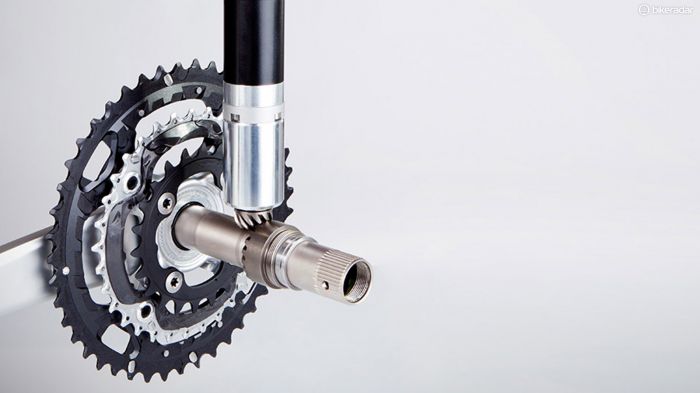


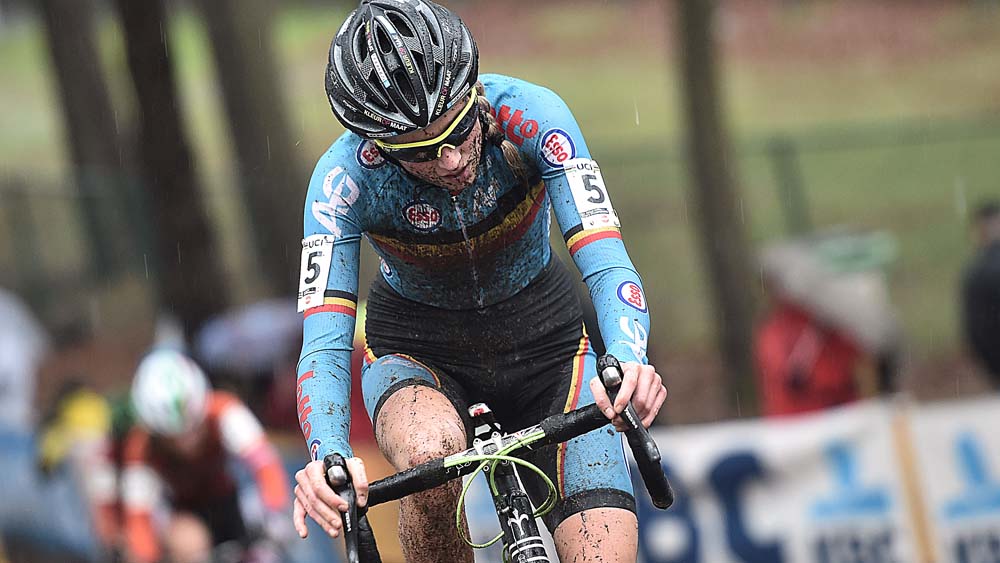
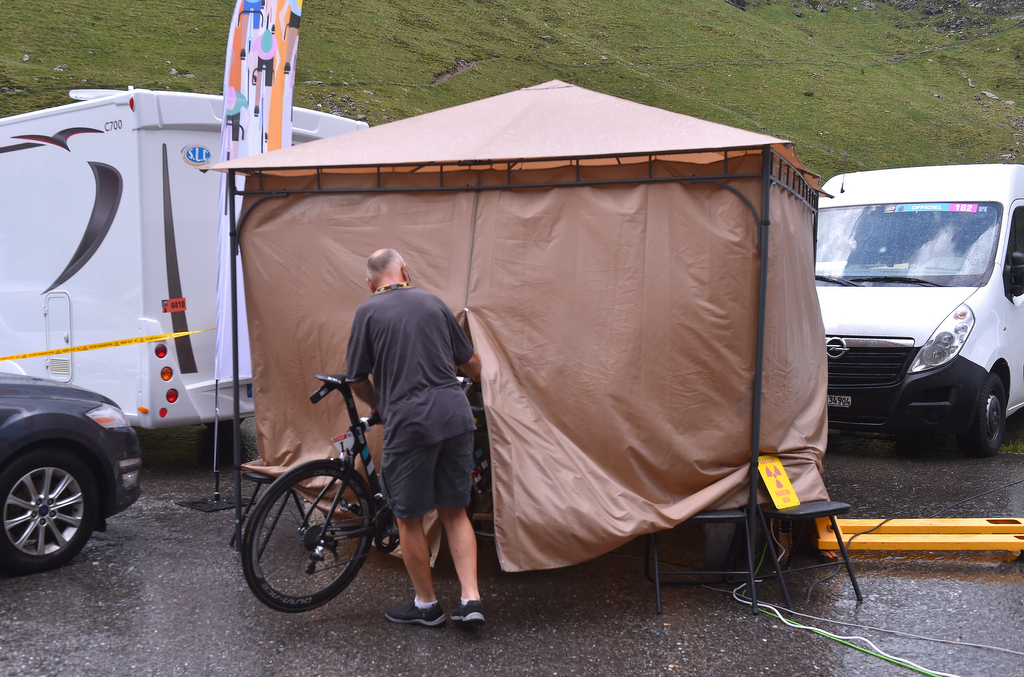
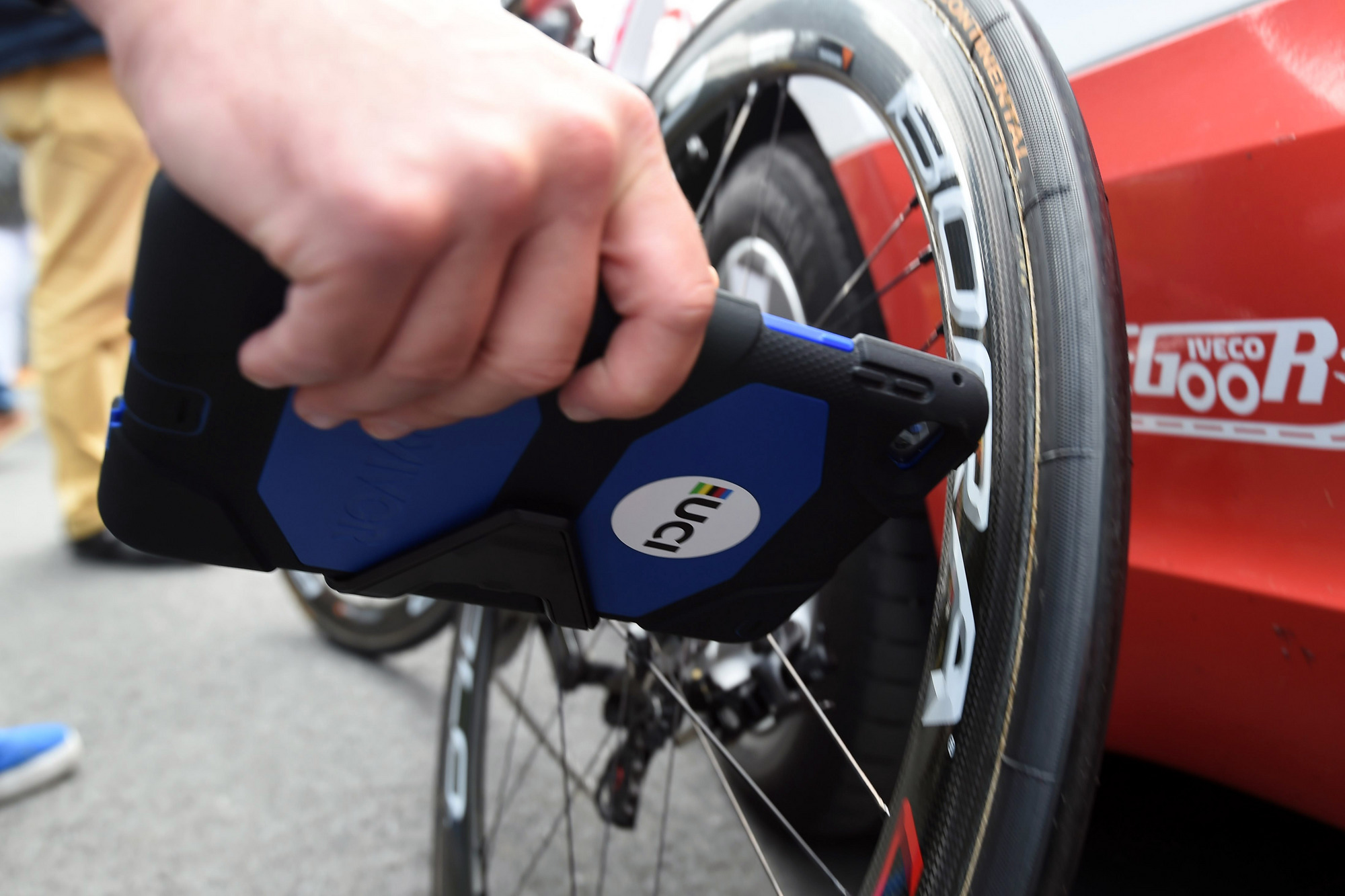
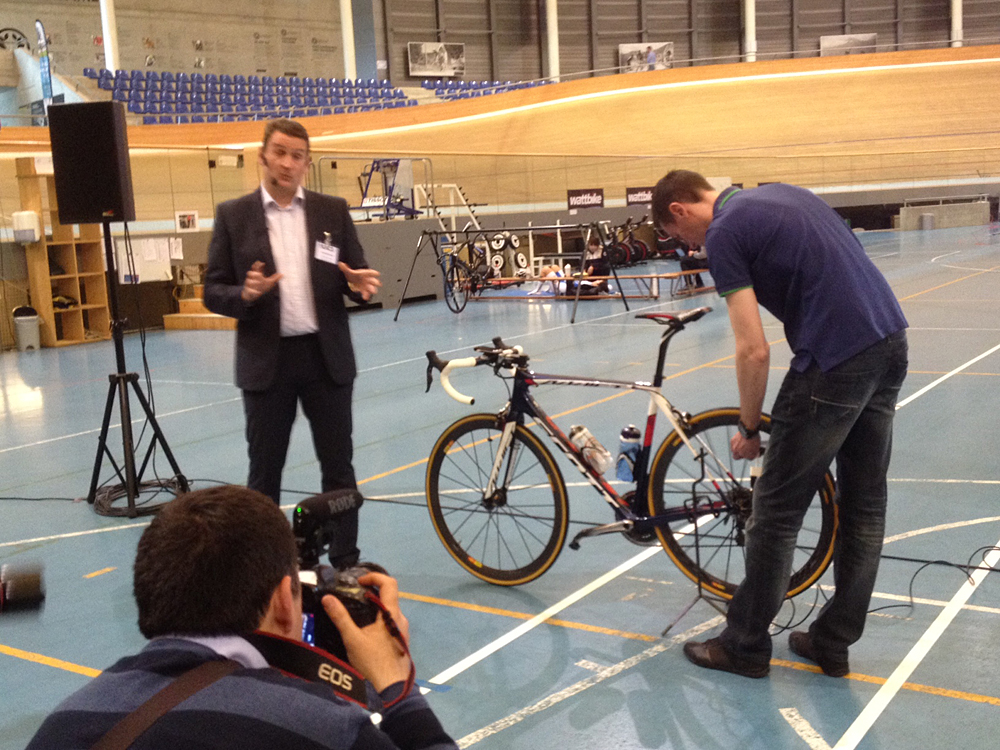
The USA television show CBS 60 minutes has confirmed it will broadcast an investigation into mechanical doping in cycling on Sunday, exactly one year after a rudimentary hidden motor was found at the 2016 UCI cyclo-cross world championships.
CBS 60 Minutes is famous for its investigative reporting and has won over 100 Emmy awards. For the report into mechanical doping, CBS reporter Bill Whitaker travelled to Hungary last summer to speak to Istvan Varjas, who showed him how he makes his commercial mechanical doping motor systems. Greg LeMond and others were also interviewed about the issue.
Varjas spoke to the French newspaper Le Monde in mid-December and hinted about the US television investigation, with the French newspaper suggesting the revelations could have as big an impact as the Festina Affair, which exposed wide-spread doping in the peloton and almost brought the Tour de France to a halt in 1998.
Varjas confirmed that he sold one of his first motor prototypes at the end of 1998, and as part of an agreement he could not talk about the technology or continue to develop it for 10 years.
In its online presentation for Sunday's programme, 60 minutes suggests that Varjas was paid $2 million. Asked whether he believes hidden motors like his have been used since then, he answered: "I think. Yes."
Varjas dismissed any responsibility for mechanical doping in professional cycling, telling 60 Minutes "If a grandfather came and buys a bike and after it goes to... his grandson who is racing, it's not my problem."
Asked if he would sell a motor to a person who told him he was going to cheat with it, he replied: "If the money is big, why not?"
Get The Leadout Newsletter
The latest race content, interviews, features, reviews and expert buying guides, direct to your inbox!
In October, when rumours of the CBS 60 Minutes investigation first emerged, Lance Armstrong denied ever using mechanical doping during his career. When quizzed by Ger Gilroy of the Irish Off the Ball radio show. Armstrong said: "Are you out of your mind? I know its topical but are you crazy?"
He later told Le Monde: "I've never put a motor in my bike and I've never met Varjas." Other big-name riders in professional racing have also denied mechanical doping.
- Mechanical doping: A brief history
- CBS 60 Minutes investigates mechanical doping in professional cycling
- Femke Van den Driessche denies using motor at cyclo-cross World Championships
- What is mechanical doping?
- UCI refutes mechanical doping allegations, Motors in use since 1999? A 'big story' coming soon
The history of mechanical doping
Suspicions of mechanical doping first emerged in 2010, with further reports focusing on several mysterious bike changes and high cadences on climbs during major races, including Grand Tours. The UCI discovered one case of mechanical doping involving the bike of Belgian Under-23 rider Femke Van den Driessche at the UCI Cyclo-Cross World Championships. She was later banned for six years.
The UCI has introduced simple bike checks using a tablet device to detect the magnetic fields that are created by mechanical doping.
Last spring the French television show Stade 2 and Italian newspaper Corriere della Sera carried out a detailed investigation into mechanical doping and used a heat gun to claim that hidden motors had been used in several races. There are reports that motors have become old hat, with hidden magnets in wheels now the cutting edge of mechanical doping. These are reported to cost 200,000 Euro.
The UCI played down the investigation but was forced to up its controls and also began to use x-rays and heat guns at the Tour de France. French police also investigated during the Tour de France but their powers were limited. A motor has never been discovered in a professional road race.
Greg LeMond has spoken to Cyclingnews several times about the use of hidden motors and suggested that heat guns should be used. He also spoke to 60 Minutes.
"This is curable. This is fixable. I don't trust it until they figure out... how to take the motor out. I won't trust any victories of the Tour de France," 60 minutes report LeMond as saying.

Stephen is one of the most experienced member of the Cyclingnews team, having reported on professional cycling since 1994. He has been Head of News at Cyclingnews since 2022, before which he held the position of European editor since 2012 and previously worked for Reuters, Shift Active Media, and CyclingWeekly, among other publications.